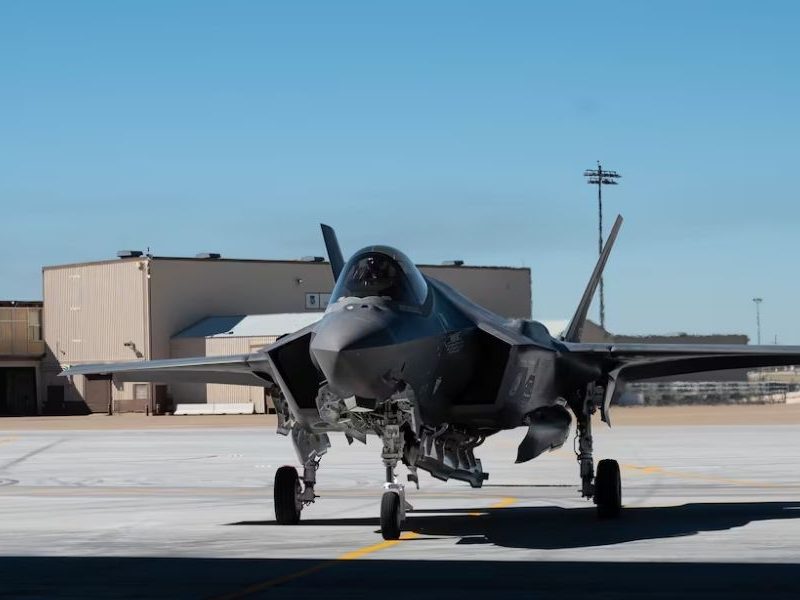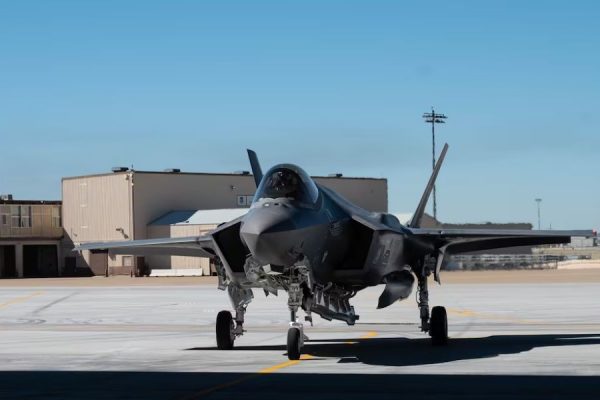Washington: President Trump’s national security adviser, Mike Waltz, dismissed concerns over newly leaked Signal chat messages about Yemen airstrikes.
He stated that the messages did not include classified war plans or sensitive intelligence such as locations or sources.
Waltz defended the administration, claiming that the information in the messages was already shared with foreign partners.
He insisted that the leaked messages only confirmed that the strikes were imminent, not revealing new intelligence.
Despite The Atlantic’s report detailing aircraft and drone involvement, Waltz said the messages did not endanger national security.
Leaked Messages
The Atlantic released new Signal chat messages between Trump administration officials discussing Yemen airstrikes before they occurred.
These messages revealed specific operational details, raising concerns about a security breach in handling military information.
Waltz acknowledged the messages but emphasized they lacked critical classified intelligence that could compromise U.S. military actions.
He took to social media to assure the public that no sensitive military secrets had been exposed in the leaks.
The administration maintained that President Trump’s decisions aimed to protect national interests and strengthen security.
Security Debate
Critics argue that even without specific war plans, the level of detail in the texts raises security concerns.
Experts warn that publicly sharing operational details in a group chat could still pose risks to military personnel.
The leaked texts revealed the administration’s internal discussions about strikes and the aircraft involved before the attack.
Some officials worry that such leaks set a dangerous precedent for handling sensitive military operations.
Waltz and other Trump allies continue to defend the administration’s handling of military intelligence.
Public Reactions
Many Americans remain divided on whether the Signal messages represented a real security risk or just political controversy.
Supporters of Trump’s administration argue that the messages only confirmed existing knowledge of imminent strikes.
Critics claim that discussing military action in unsecured chats undermines national security and military effectiveness.
The Atlantic’s report fueled further scrutiny of Trump officials’ communication methods during national security operations.
Waltz remains firm that the information leaked did not compromise U.S. military strategy or ongoing operations.












